AO Edited
Gastro Obscura
Marché Dejean
Peruse produce from Senegal, Cameroon, and other West African nations at this sprawling market.
The Château Rouge neighborhood, in Paris’s 18th arrondissement, is colloquially known as Little Africa, and the heart of this microcosm is tiny Rue Dejean. From Tuesday to Sunday morning, after municipal workers have cleaned the cobblestone street, halal butchers, fishmongers, and fruit and vegetable vendors fill it selling a variety of goods associated with Africa. Most of the commerce is done from stalls or shops, but the strip also draws a number of informal vendors selling African ingredients and prepared dishes from crates or suitcases.
Rue Dejean may be the heart of the district, but streets on either end—Rue Poulet and Rue des Poissoniers—are home to Cameroonian and Senegalese groceries, pan-African dried goods shops and tiny street-side stalls selling imported vegetables and herbs. A particular specialty of the area is “wax” or “super wax” shops that specialize in batik cloth, a commodity brought from Indonesia to Africa by Dutch colonists.
It’s great fun to explore and pick through exotic produce such as oil palm fruit, cassavas, plantains, dried fish, chilies and much more, but leave your camera at home, as street vendors and shop owners alike dislike being photographed.
Know Before You Go
The Marché Dejean is closed on Sunday afternoons and Mondays.
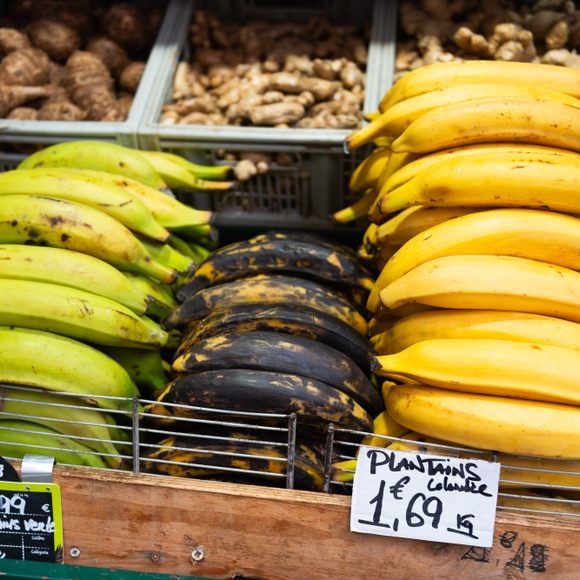

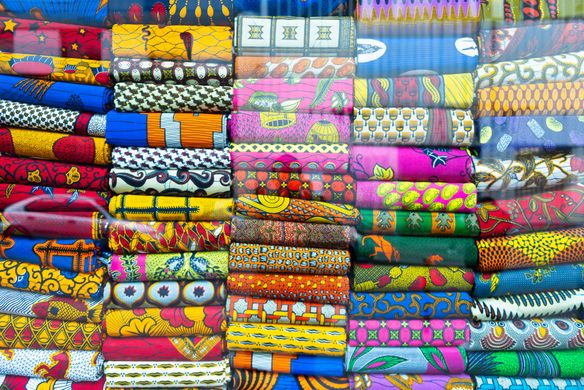
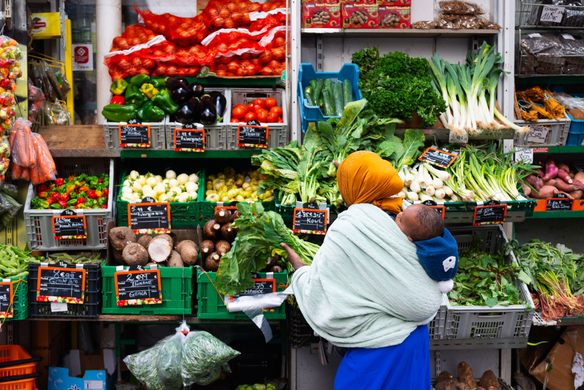
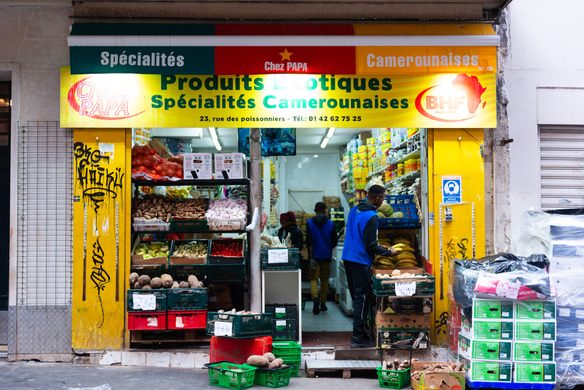
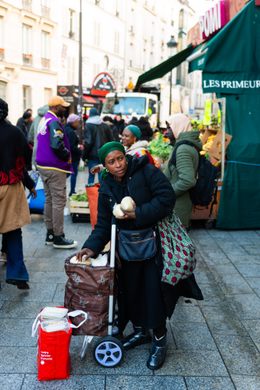
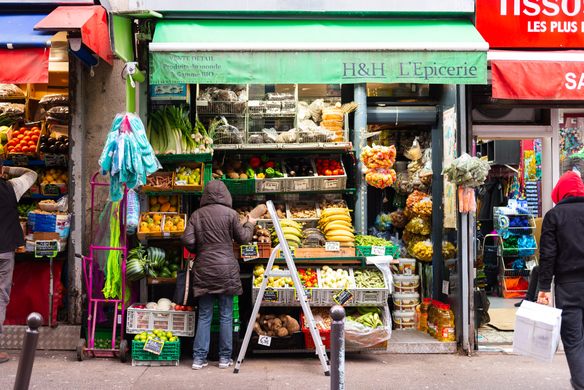
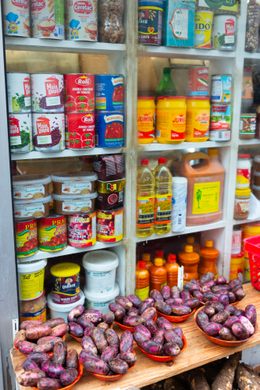
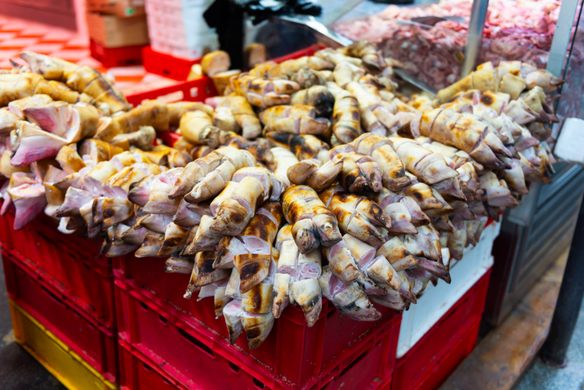
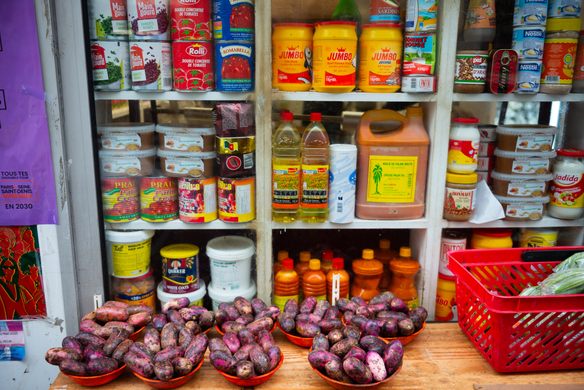

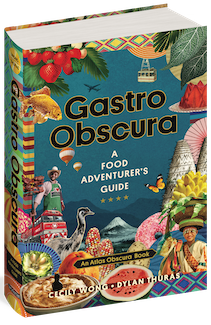



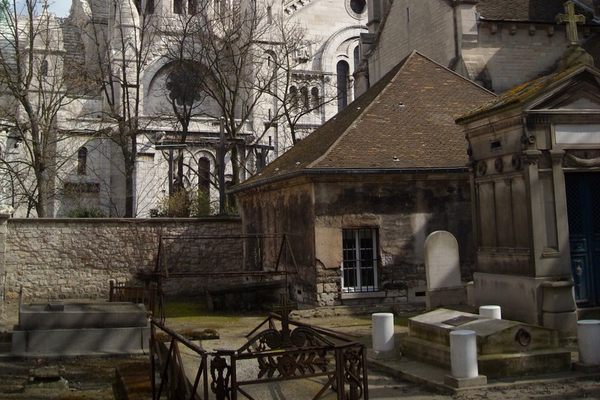
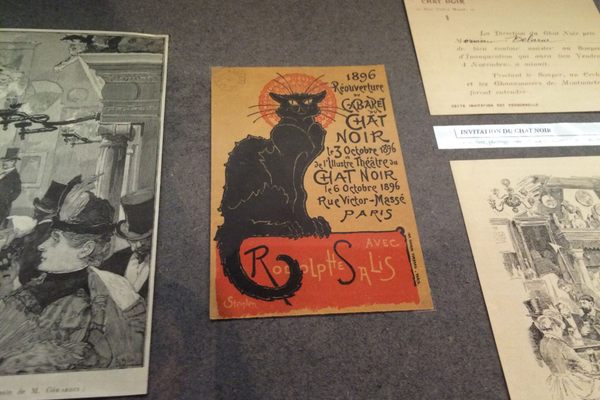


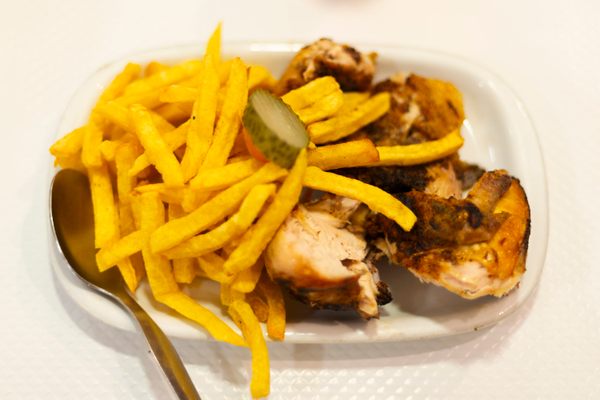


Follow us on Twitter to get the latest on the world's hidden wonders.
Like us on Facebook to get the latest on the world's hidden wonders.
Follow us on Twitter Like us on Facebook